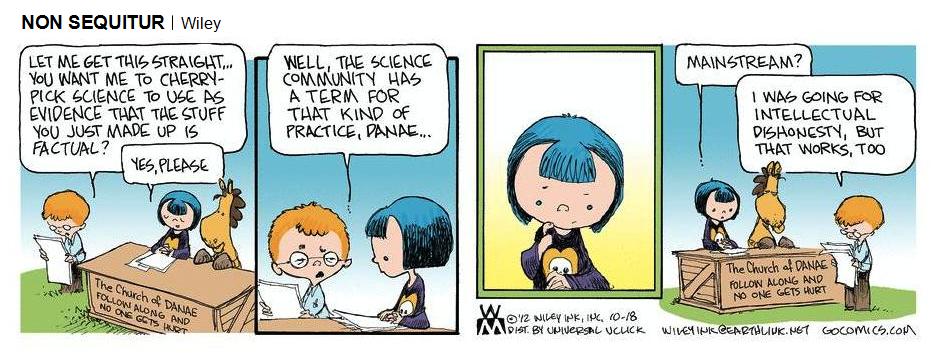The great enemy of the truth is very often not the lie – deliberate, continued, and dishonest – but the myth – persistent, persuasive, and unrealistic.
John F. Kennedy
Part of seeking common ground where diverse interests can work together lies in recognizing and eliminating disinformation as early in the process as possible.
From the San Jose Mercury News, October 18, 2012

Worthy considerations or senseless rhetoric?
Conversations among members of both major political parties as well as smaller parties and factions often are riddled with claims made to discredit the opposition – claims based on half-truths, generalizations, or political rhetoric with no basis in fact.
Prominent myths
Unhelpful generalizations that serve only to polarize our conversations
- Human activity isn’t having a material impact on the Earth’s climate.
The laws of nature we’ve discovered let us explain and quantify physical changes owing to human factors. There is no reason to debate or criticize our impact; just understand it and make use of the information.
Read an article in National Geographic
Analysis by Intergovernmental Panel on Climate Change - The government should be able to manage the economy and ensure prosperity.
The U.S. and global economies are so large and organic, with so many moving parts, that no economic model or theory can fully describe them. Consider the swings from supply-side to Keynesian to trickle-down back to supply-side theories. Or Alan Greenspan, highly respected during his long tenure as U.S. banking chief, who was in “shocked disbelief” in 2008 when he admitted he had been wrong about the ability of the big banks to protect their shareholders, and that the crisis had turned out much broader than anything he imagined. While federal and state economic policies are necessary for the government to fulfill its role as a regulator, the economy is not something the U.S. Government or any presidential administration can control. - Governmental regulations are an unnecessary burden; people should be able to exercise good judgment without being told what to do and what not to do by the government.
Not always, as each of us can attest. We’ve all been tempted to cross the broad, gray line between fair and unfair competition. Government regulations provide a level playing field with ground rules to guide us away from harm, for example:
-Building codes ensure a level of safe construction;
-FDA regulations ensure safe food and medicines;
-Prohibitions against the use of asbestos in construction and DDT in agriculture have provided significant protections not available without government involvement.
An April 2011 Harper’s article about faulty judgment
Remember asbestos? - The Government can’t do anything efficiently.
While businesses and entrepreneurs may be more agile in providing many products and services, government is uniquely positioned and qualified for certain critical responsibilities. Further, our government has demonstrated its ability to manage significant efforts and projects throughout history including:
-Our participation and leadership role in winning 2 World Wars
-Providing health care for 40 million U.S. armed forces veterans
-Exploring outer space
-Construction of Hoover Dam, Golden Gate Bridge, Interstate Highway System
-Enabling the creation of the Internet (funded by the U.S. Department of Defense)
One key difference between the government and private sectors: while both are conceived and managed by people, and therefore subject to human error, government agencies owe their allegiance solely to the public, with transparency built into their organization to provide accountability for their actions and decisions.
Private business and corporations? Not so much.
Lesser myths
- President Obama has declared war against the upper class
Read a summary in The Hill, a Washington DC daily newsletter - The Republicans are a racist party
No generalization is worth a damn including this one - The Federal Government is responsible for job creation
An argument for just the opposite - Income taxes in the U.S. are too high, and tax cuts for business and the wealthy are needed to stimulate the economy
Income tax rates are lower today across all corporate and personal income levels, with myriad tax benefits that enable many leading corporations to reduce their tax obligations to zero.
Data does not show tax incentives achieve their stated purpose - Democrats are socialists, and socialism is evil
Consider the true meaning of the word
Free Republic blog – one of many detailed explanations - Newest mythical spin: By finding the Affordable Health Care Act constitutional, the Supreme Court has imposed a new tax on the middle class.
Untrue; pure political propaganda debunked in this Forbes article
And so it goes. Myths are ubiquitous in our conversations, and the more we invest in such divisive claims, the further away from critical thinking we wander. Check out these common misconceptions held by Americans.
By focusing on key elements of our socioeconomic problems, their root causes and effects, and identifying threats and myths standing in the way of progress, we can more effectively apply straightforward logic toward finding solutions.
